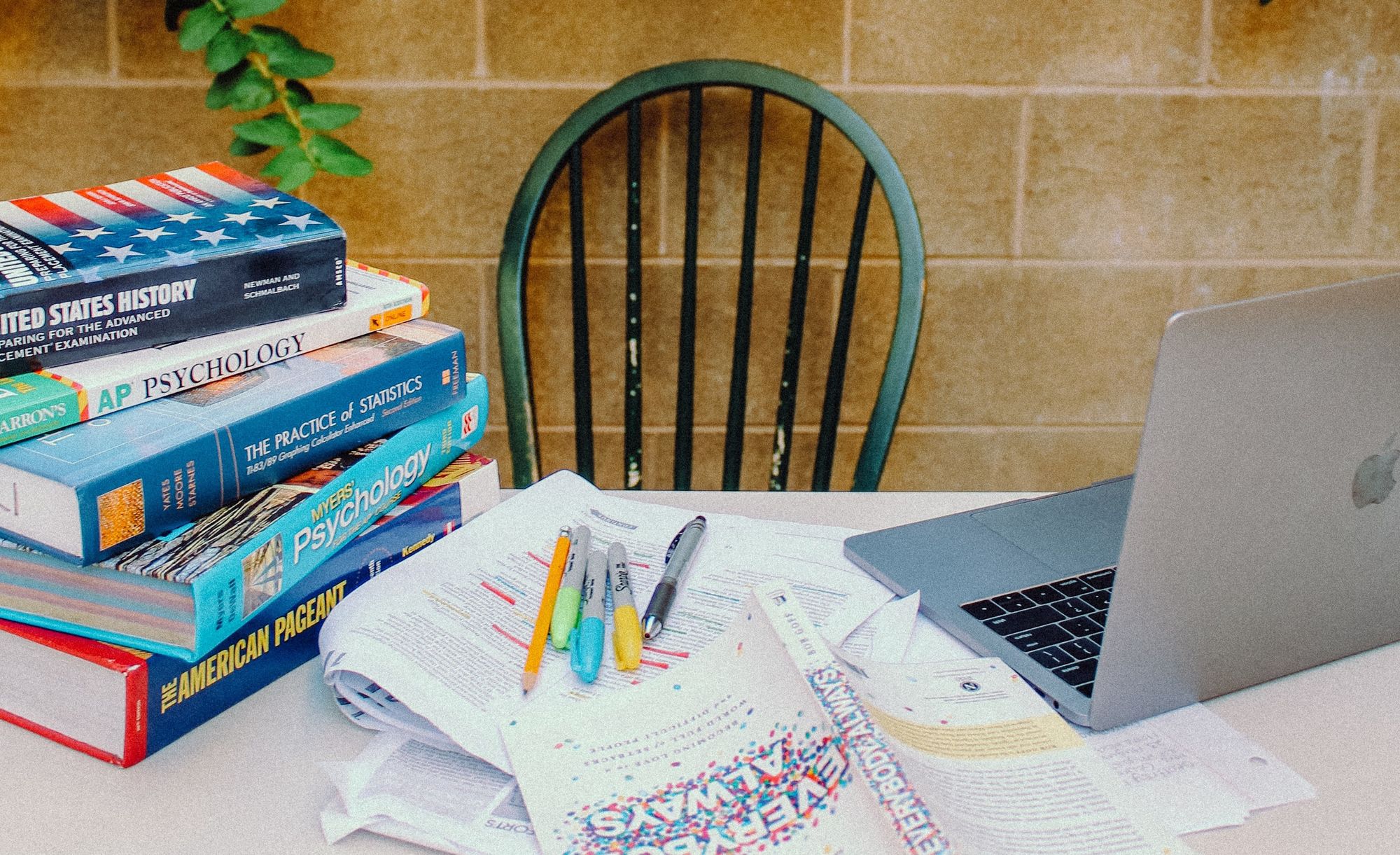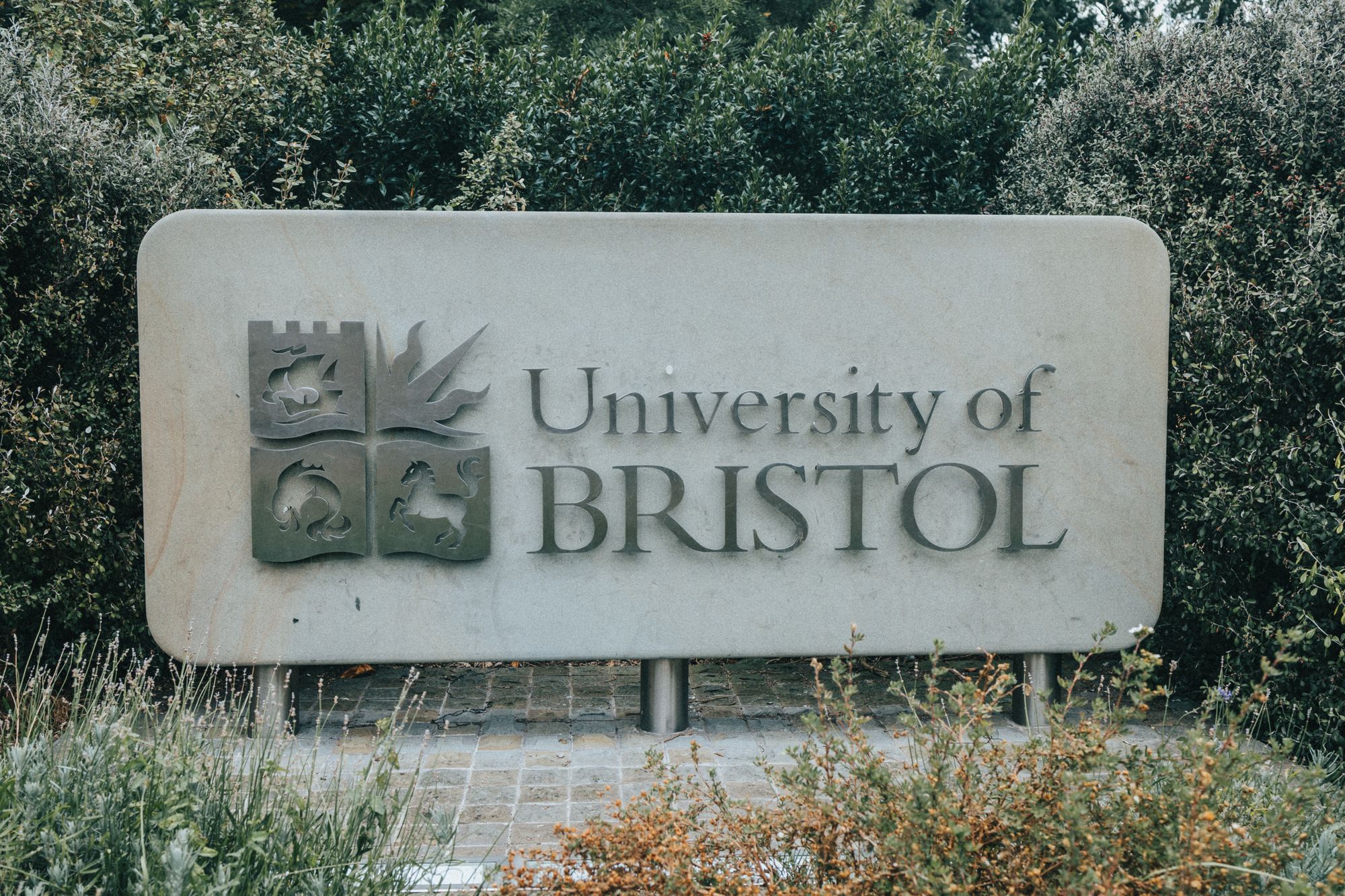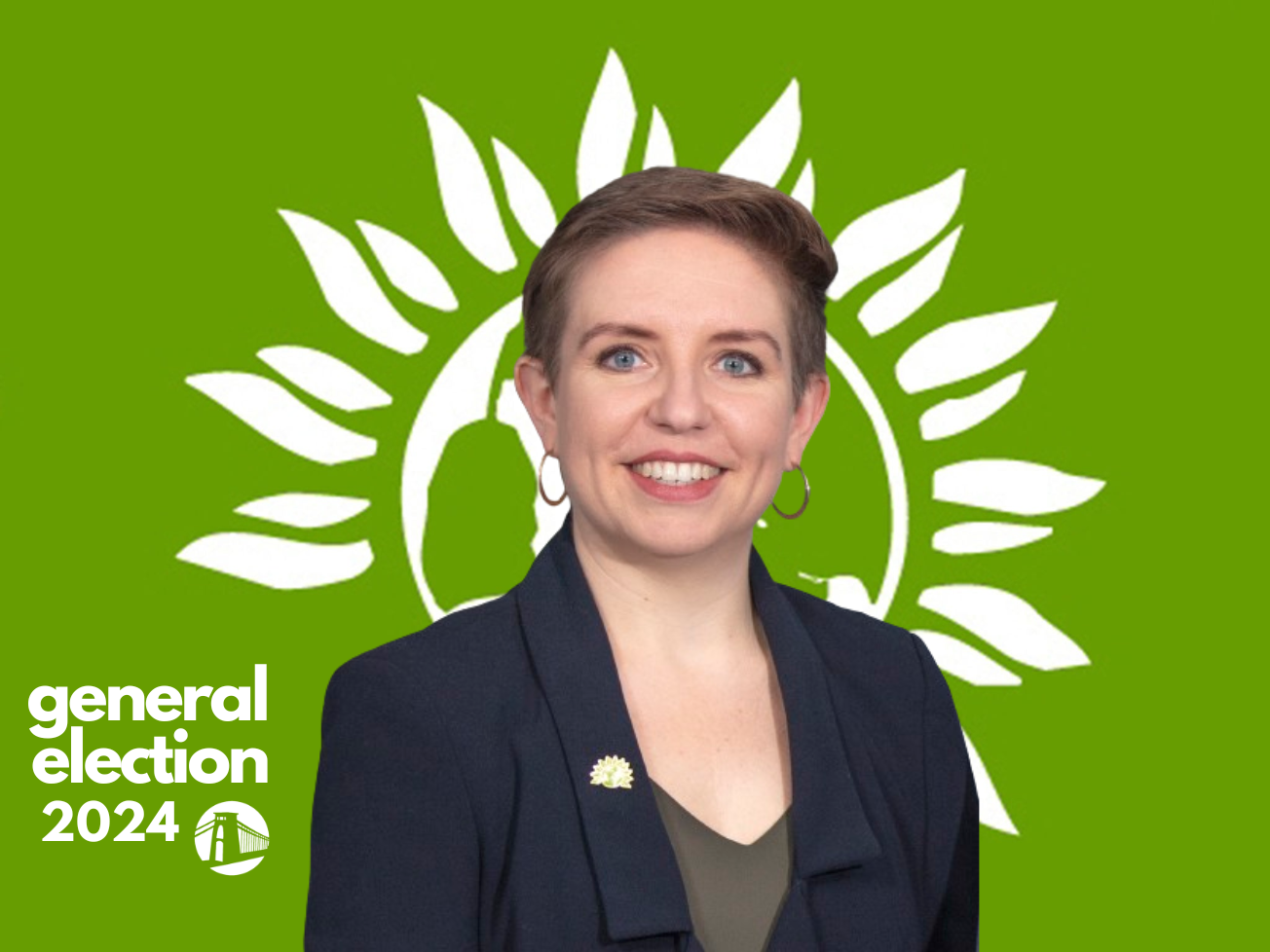By Georgia Rowe, Opinion Digital Editor
Studying at university is an entirely different ballgame from studying at school. Suddenly, you're immersed in an environment full of distractions, largely left to your own devices and learning a subject of an ostensibly boundless nature.
As such, you might be putting in eight-hour days at the library, reading all of your mandatory material, attending every lecture and still feeling like you're not on top of things. What you learn early on at university is that you can’t complete everything or explore every avenue – it’s not feasible and, truthfully, your course isn't designed for that to be the case.
Throughout the academic year, thousands of students fall victim to burnout and stress. A 2017 survey reported that the main area of concern for first-year students was the stress of studying, with almost 60 per cent reporting difficulty coping with their workload.
To curb this overwhelm, students should aim to increase their productivity levels - not the amount of hours they spend working. In other words; work smarter, not harder. By building solid academic practices early on, you'll be able to better enjoy your subject and afford yourself more leisure time outside of study hours.

One of the best ways to optimise your study time is through planning. By planning your study sessions, from choosing your study location to selecting which specific readings to tackle, you can achieve your daily goals in a more efficient, priority-based manner.
By keeping a record of essay deadlines, required readings and their respective due dates, you'll ensure that when it's time to study you're less distracted by other formalities like, ‘Now where exactly is my copy of The Canterbury Tales?’
Epigram spoke to Third Year Politics and International Relations student, Edie Kenningham Smith, to gain insight into her study practices.
She agreed that planning ahead of time and removing unnecessary distractions is crucial for productivity levels, stating: ‘When studying, make sure you are in a headspace where you can not just understand things, but form a critical opinion of “do I agree with this?”’
‘If I could give any advice to freshers, it would be to go out to do your work and then come home to relax’
She emphasised that while undertaking a Humanities degree, it is important to ‘Always read with a critical, personal voice. Don’t just read things passively because you’ll get nowhere.’
She spoke on the importance of building your routine at university and finding a space where you feel you work best. As we continued our conversation, Edie shared her mantra: ‘Doing less well, rather than always working badly.’
She went on to describe how she is able to follow this mantra by developing a personalised working routine: ‘Personally I find it quite easy to follow a sort of school schedule.
‘Coming off the back of A-Levels, I think it’s quite nice to keep that same structure. For me, that means creating a solid routine. My brain starts to work around 9 am, so that means I’m in university around that time, either in a lecture or at the library.’

She added that getting into a routine with others, perhaps housemates or course friends, makes this easier: ‘What’s good about my house is that we all go into university to work, none of us really find that working at home yields much productivity.
‘We migrate “en masse” to various study centres across campus and then all journey back home at a similar time to relax together. This really helped me in my Second Year. If I could give any advice to freshers, it would be to go out to do your work and then come home to relax - you’ll feel like you’ve accomplished more.’
Something as simple as having others hold you accountable, or forming a routine with friends, can be very useful.
However, Edie prefaced that in order to avoid academic burnout, she doesn’t always stick to this routine, favouring it more around exam periods. She stressed the importance of allowing herself to spend time doing other things away from her degree.
From speaking to Edie, it is clear that the importance of maintaining a distinction between work and leisure at university is crucial. By separating study and relaxation environments, or choosing not to work on certain days or past certain hours, you can maintain that important separation and prevent burnout.
‘Focus on the areas of your course that inspire you’
Although, while separating work and leisure is important, combining your recreational interests with your field of study can also be a great way to engage more with your degree.
Unlike in school, many degree subjects offer a broader spectrum of topics to explore. As such, focusing your research on ideas or themes that captivate your interest can be a great way to make studying more approachable. Speak to your tutors and lecturers about what you find enjoyable; you never know, these conversations may be the embryo of future dissertations or research projects.
It's easy to procrastinate studying at university, especially in favour of a trip to the pub or The Downs. However, as Edie wisely points out: ‘As annoying as it is, the students that do the best are the ones that put effort into their work.’
Freshers week: Learning to manage your expectations
'If you need help, ask for it. We are there to help and support you': Epigram talks to Evelyn Welch, the Vice-Chancellor of UoB
Putting in the time to develop a good study routine can help make your university experience that much more enjoyable. So, develop your own way of notetaking, plan your time, and focus on the areas of your course that inspire you. You’ll find that by doing these things you might actually end up spending less time in the library and more time with a pint in hand!
Featured Image: Unsplash / Phil Aicken
What study strategies will you be using this term?








